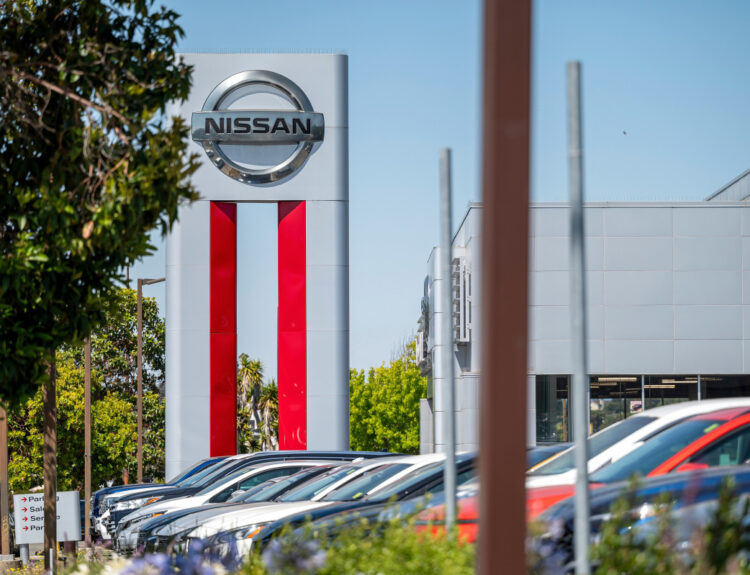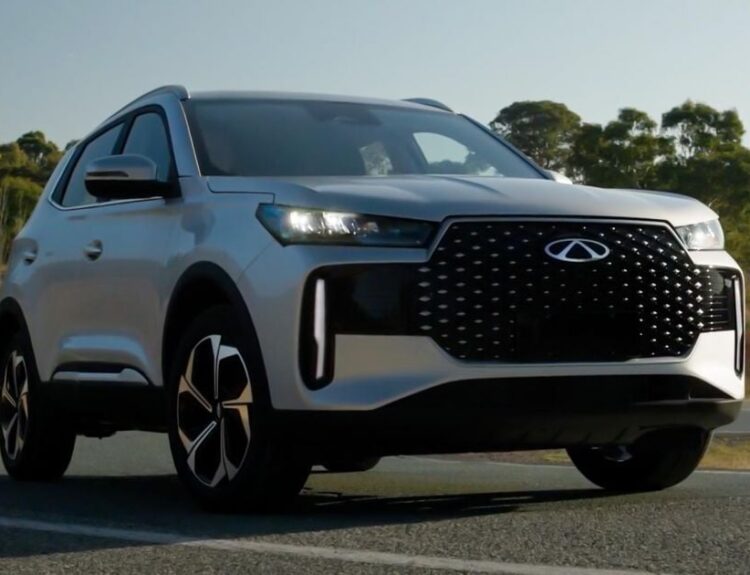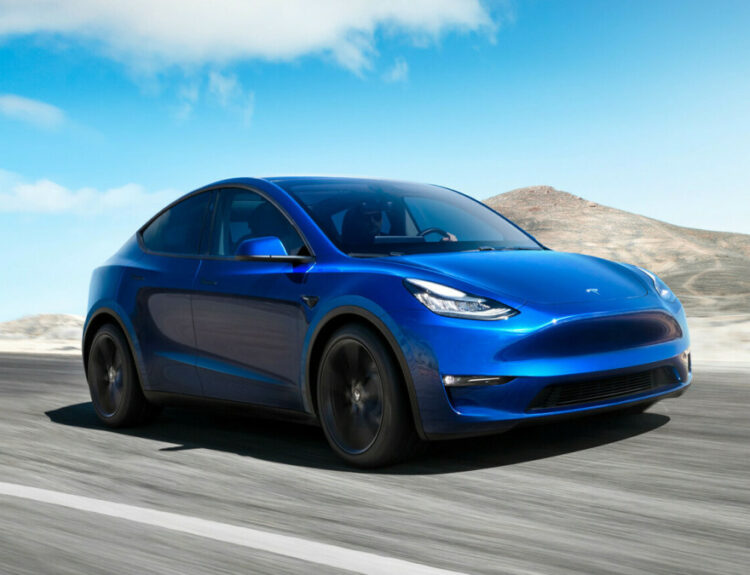
The longevity of electric vehicle (EV) batteries and concerns surrounding range anxiety have plagued prospective buyers for years. However, a recent study offers new insights that may alleviate these worries. Researchers found that electric vehicle batteries could outlast the benchmarks set by manufacturers by over one third.
By analyzing diverse discharge scenarios over a two-year period, the study highlighted the significance of time-induced aging in estimating the lifespan of EV batteries, suggesting it plays a more critical role than previously believed.
An employee displays a battery at the Automotive Cells Company (ACC) Gigafactory, a facility dedicated to producing lithium-ion batteries for electric vehicles, located in Douvrin, northern France. (Photo by DENIS CHARLET/AFP via Getty Images)
Related: Why Honda is Investing Heavily in Fuel Cell Technology
Industry Testing vs. Real-World Conditions
Battery design testing is a fundamental component of electric vehicle manufacturing, aimed at assessing battery lifespan. Traditionally, this process involved rapid charging and discharging cycles. While expedient, these tests fail to accurately mirror everyday use.
A study published in *Nature Energy* indicates that, under actual driving conditions, EV batteries could last 40% longer than existing lab tests suggest. The research involved monitoring 92 commercial lithium-ion batteries over a two-year period, employing four distinct discharge profiles. The findings revealed that more realistic usage scenarios correlate with enhanced battery longevity.
A battery pack is loaded onto a trolley as Tesla Model X sports utility vehicles are assembled for the European market at the Tesla Motors factory in Tilburg, Netherlands, on December 9, 2016. (Photo by Jasper Juinen/Bloomberg via Getty Images)
“To our astonishment, real-world driving—with its habitual accelerations, intermittent braking that partially recharges the batteries, quick stops for errands, and prolonged downtimes—has shown to enhance battery longevity beyond what was predicted by conventional lab testing,” stated Simona Onori, a senior author and associate professor at the Stanford Doerr School of Sustainability.
Before this study’s revelations, engineers prioritized discharge and recharge cycles as the predominant factors in battery aging. This perspective held validity for commercial vehicles that operate continuously, but does not apply to consumer EVs, which experience periods of dormancy. Essentially, driving patterns for both electric and conventional gasoline vehicles yield comparable enhancements in battery lifespan.
With these findings now in public domain, it is plausible that automakers will refine their battery management systems to optimize performance and lifespan.
Related: 2024 Kia Niro PHEV: 6 Reasons to Love It, 3 Reasons to Consider
Dramatic Drops in EV Battery Costs: A Boon for Consumers
Given that batteries account for approximately one-third of an electric vehicle’s total cost, the recent plummet in battery prices bodes well for consumers. In 2024, battery prices decreased by 20%, marking the steepest decline seen in over five years. Contributing factors included increased production rates and lower material costs, driving the price of battery packs to $115 per kilowatt-hour (kWh) this year. Projections suggest that costs may dip below the $100 per kWh threshold by 2026, with forecasts for 2030 estimating prices as low as $69 per kWh.
The price of the 2025 Mustang Mach-E has dropped by $3,500 compared to the previous model year.
Ford
While reduced battery prices are advantageous for consumers, the industry faces challenges with overcapacity. Major manufacturers such as CATL and BYD are engaged in a price war in China, which pressures smaller automakers. Consequently, while smaller producers may need to decrease vehicle profit margins, sluggish EV sales could force battery manufacturers to reduce production. This precarious balancing act could threaten the viability of startups and smaller players in the market.
Concluding Insights
The findings regarding battery life expectancy address a critical aspect of electric vehicle ownership, responding to longstanding consumer concerns, particularly surrounding range anxiety.
Increased battery longevity represents a significant advantage for fostering EV adoption, especially for those wary of battery performance over time. Furthermore, as battery prices continue to drop, the cost of electric vehicles may soon align with that of their internal combustion engine counterparts. A truly promising scenario for the future of transportation.
Related: Next-Generation Fiat 500 Expected for 2032 Despite Lackluster Sales
Source:www.autoblog.com






